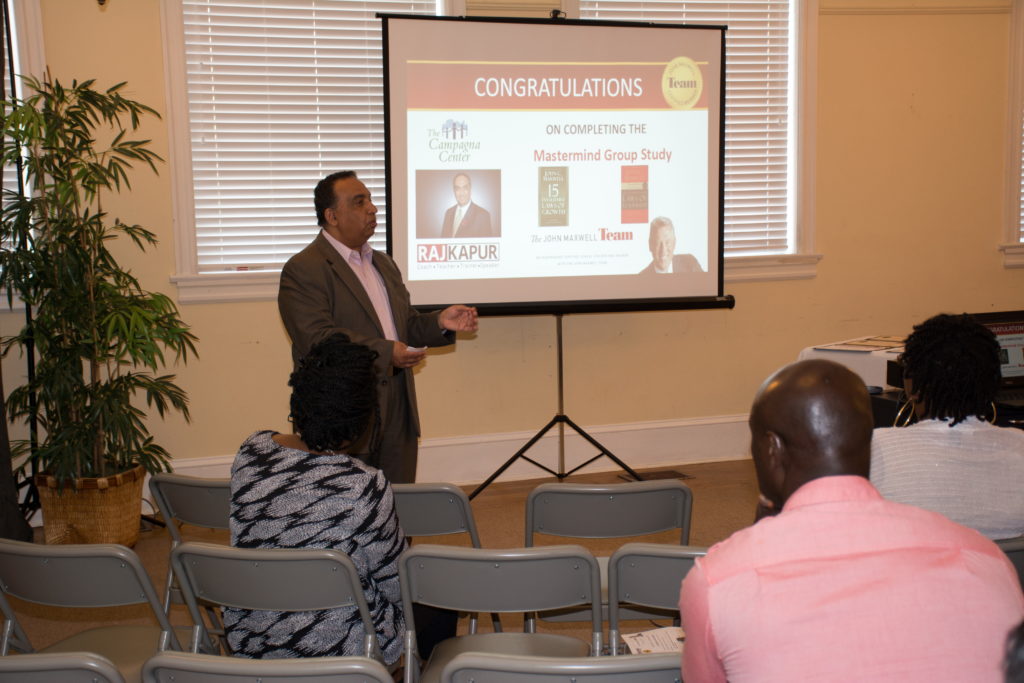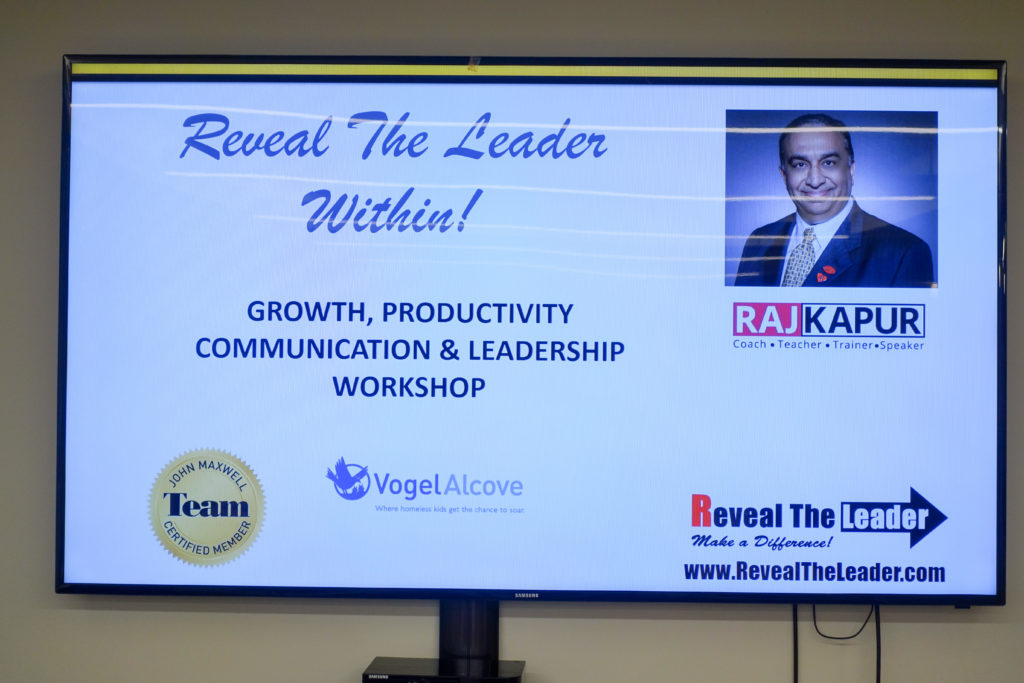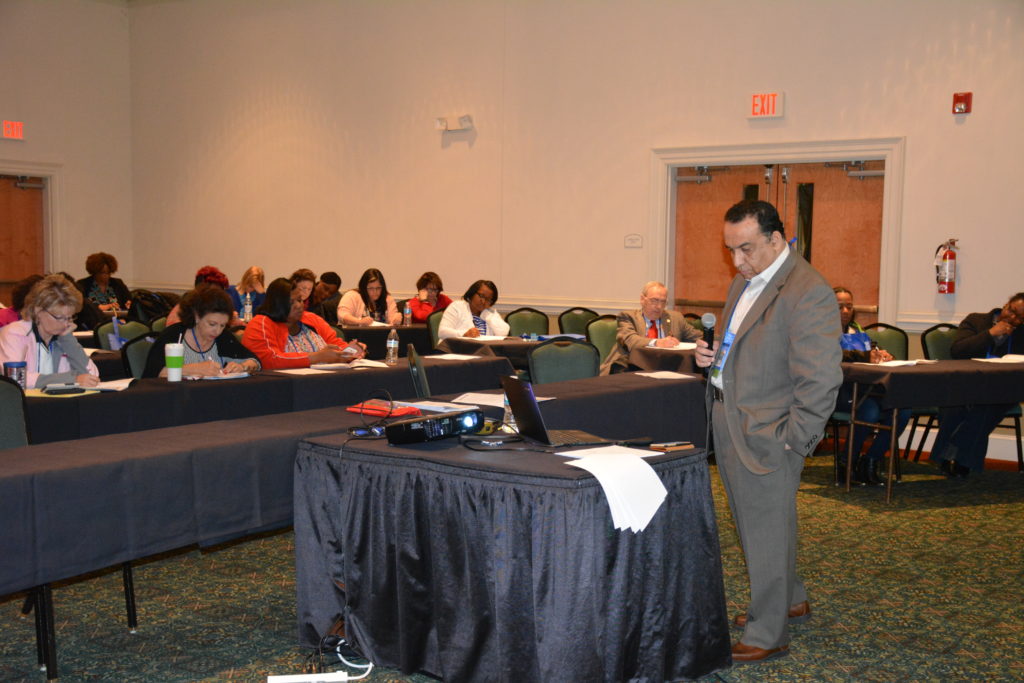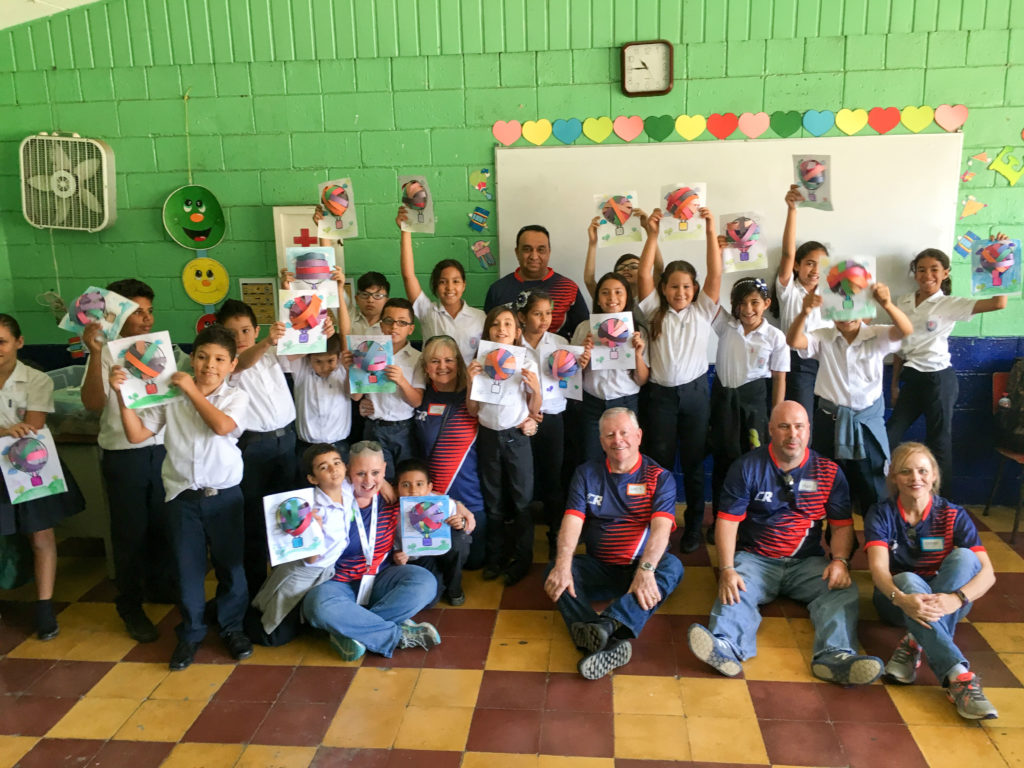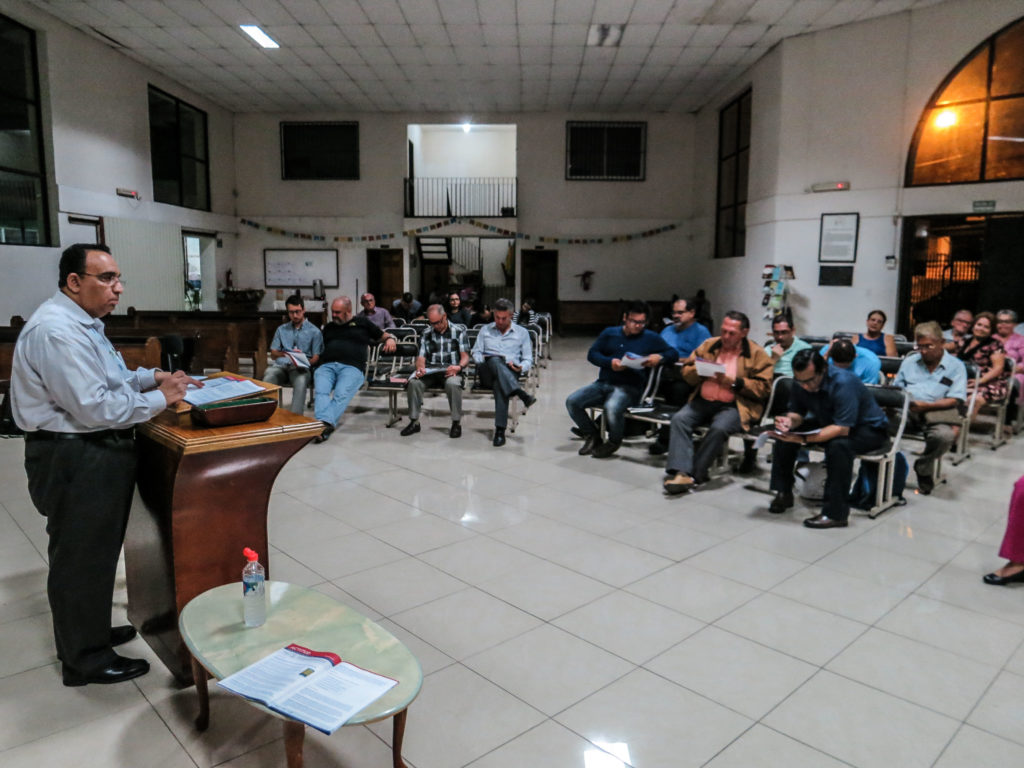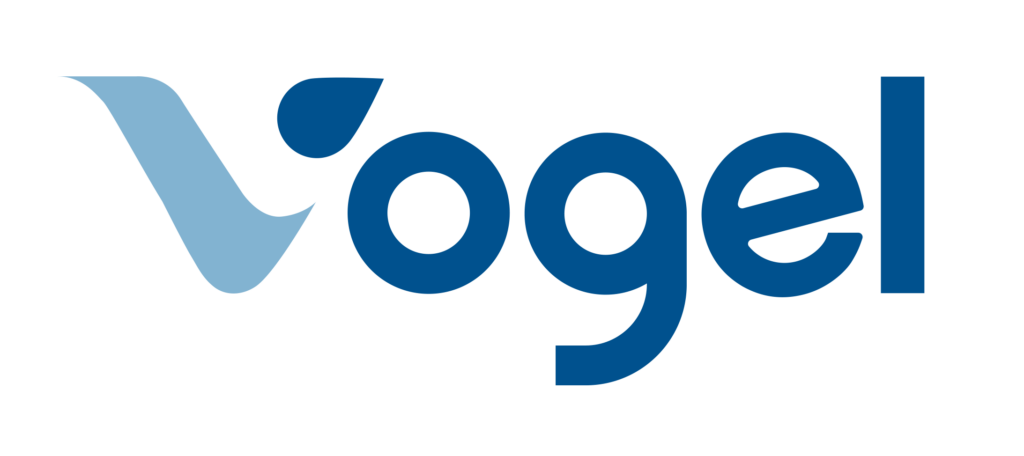Non Profit Training & Professional Development
Welcome to Options Ahead, NonProfit EDGE, where our mission is to elevate nonprofit organizations to their highest potential. Under the visionary leadership of Raj Kapur, our founder and CEO with over 30 years of experience in the nonprofit sector, we offer an unparalleled Nonprofit Training & Professional Development programs. Our services, rooted in Consulting & Advisory Services, are designed to address the unique challenges and opportunities nonprofits face. From Leadership Training that inspires, to Communication & Connection that engages, and from Productivity and Time Management to Emotional Intelligence (EQ), Diversity, Equity, and Inclusion (DEI), Succession Planning, DISC assessments, and Team Building, we are committed to fostering an environment of growth and excellence. Raj’s deep understanding of nonprofit needs ensures that Options Ahead is not just a service provider, but a partner in your journey to making a meaningful impact ensuring your nonprofit is equipped to navigate challenges and seize opportunities for growth and impact.
At Options Ahead, we specialize in Nonprofit Consulting & Advisory Services designated to enhance the financial and operational health of your organization.
Our Comprehensive suite of services includes:
- Financial Operational Assessment
- Internal Controls & Processes
- Evaluation of Implementation of policies and procedures
- Risk Analysis
- SWOT Analysis
- Compliance Monitoring
- Help with Policy and Manual Writing or revision
- Training to Finance and all staff levels on finance
- Monthly close controls and processes
- Budget development, process & execution
- Audit preparation, including single audit
- Financial Reporting & Monitoring
- Presenting to Finance Committee and Board of Directors
- Grant Management & Compliance
- Payroll process and evaluation
- Board Governance and Training
- Other projects on CFO’s to-do list
Consulting Services & Solutions

Leadership Training
BENEFITS OF LEADERSHIP TRAINING
Investing in leadership training for staff can have a multitude of benefits for any organization. By utilizing John Maxwell’s training techniques, staff members can learn important skills such as communication, conflict resolution, and team building. This training is also valuable for individuals who may not be currently in management positions, as it teaches these important skills that can benefit anyone in the workplace.
These skills are crucial for not only becoming stronger leaders but also for creating a more cohesive and successful workplace environment.
Additionally, providing leadership training can help to boost morale and increase employee retention. In today’s competitive job market, investing in the growth and development of staff through leadership training can set a company apart from its competitors and help attract top talent.
Overall, investing in leadership training is an investment in the future success of the organization as a whole.
For Aspiring leaders, new leaders, experienced leaders – Specially formulated for Non Profits based on John Maxwell’s programs
- Real Success
- Developing the leader within you 2.0
- Leadership Gold
- The 21 Irrefutable Laws of Leadership
- Leadership Assessment
- Growth Impact Report
- Leadershift
- Developing the Leaders Around you
- No Limits – Blowing the Cap off your capacity
One on One coaching & training
Group Coaching
Workshops – In person or via Webinars
Access a leader’s strengths and weaknesses
Special Customized trainings for your organization

Communication and Connection are at the heart of any Non Profit organization.
“Connecting is the ability to identify with people and relate to them in a way that increases your influence with them,” says leadership expert John Maxell.
The ability to communicate and connect with others is a major determining factor in reaching your and your organization’s potential. For your organization to be successful, your employees must work with others, with their peers, with their clients, and within teams.
More than 90% of the impressing that we often convey has nothing to do with what we actually say!
Our programs pay emphasis on
- Employee’s personality types – Using DISC Personality Type
- Communication with different personality styles
- Using “Leadership Game” to work effectively within teams
- Types of Learners & how to communicate with them
- Finding the common ground
- Study Communications principles/practices in a group setting, create an action plan, and have the group hold you accountable for fulfilling your plan and goals.
- Receive critical insights into yourself
- How to increase your influence in every situation
- A sense of shared endeavor – there are others out there!
– Everyone Communicates, but Few Connect – 17 Indisputable Laws of Teamwork – Leadership Game – Communication Impact Report – Developing the Leaders Around you
Communication & Connection

Productivity & Time Management
Working for a non-profit organization can be extremely rewarding, but it can also be very challenging. Employees often have to contend with limited resources and tight deadlines. As a result, enhancing productivity and time management skills is essential for ensuring that the organization can achieve its goals.
There are a number of ways that employees can increase their productivity, including using task-management tools, setting realistic goals, and taking breaks. Time management training can also be extremely helpful in teaching employees how to prioritize their time and work more efficiently. By implementing these strategies, employees can make a big impact on the success of their non-profit organization.
We provide the employees with hacks they can use on a daily basis to enhance their productivity levels and we have had great success with it. By teaching employees how to prioritize and plan their work, they can avoid wasting time on tasks that are not essential.
In addition, time management training can help to eliminate wasted time and increase efficiency. As a result, non profit organizations that invest in this type of training can see a significant boost in productivity.
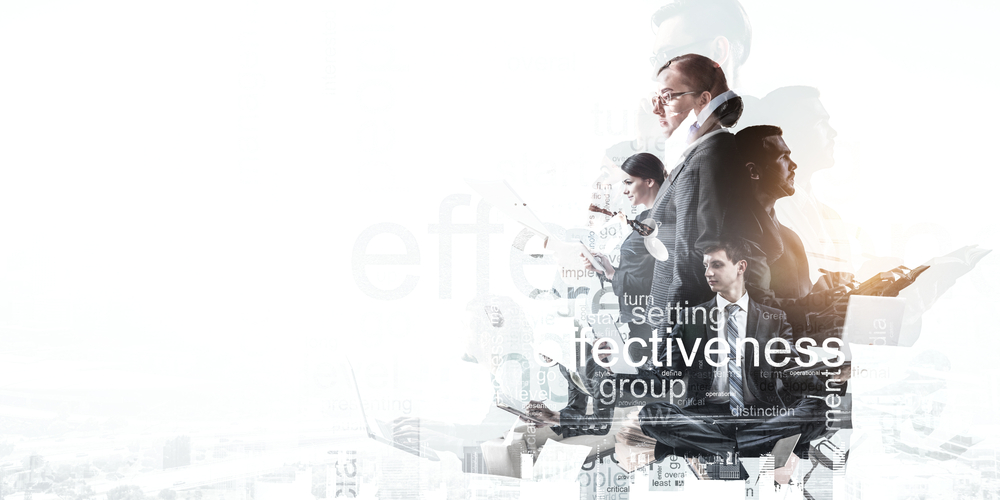
Emotional intelligence is critical for the success of any organization, but it is especially important for non-profits. Non-profits are often reliant on public support, which can be difficult to maintain if the organization is perceived as being inefficient or ineffective.
Emotional intelligence can help non-profits to build strong relationships with the public and other stakeholders and to make sure that they are able to meet their goals. Furthermore, emotional intelligence can also help non-profits to understand the needs of their target audience better and to design programs and services that meet those needs. Finally, emotional intelligence can also help non-profits to manage their own emotions so that they can stay focused and motivated in the face of challenges.
Leaders with high emotional intelligence are more successful than those without it. They’re better able to deal with difficult situations, relate to others, and build strong teams. And they’re more likely to be effective in achieving their goals. If you want your nonprofit to be successful, emotional intelligence training is essential. By increasing your emotional intelligence, you’ll be better equipped to lead your team to success.
Our training on Emotional Intelligence includes
- What emotional intelligence is and why it matters
- Identify emotional patterns – personal strengths and weaknesses.
- Effectively manage behaviors that may limit optimal performance.
- Discover how EI can enhance work performance.
- Explore EI as a leadership competency.
Through EI for Leadership and Self-Awareness, participants increase their understanding of emotional intelligence and learn how a greater awareness of EI increases their effectiveness as a leader, manager, and public servant.
Emotional Intelligence

Leadership Game
The Leadership Game is a 2 hour interactive experience designed to engage participants in the questions, discussion, debate and idea sharing that help foster belonging, bonding and believing – the essentials for team growth and development.
CAN BE PLAYED IN PERSON OR VIRTUALLY
Engage your best people in being better together:






The Leadership Game is a fun, yet challenging experience designed to assist you and your team to better understand the core values and principles of healthy leadership. Playing this game with 6-12 of your most influential leaders will bring about positive change through communication and connection and introduce the timeless principles of the kind of leadership that creates great work-place culture and delivers impactful, positive results.
Succession planning is an important process for all businesses, but it is especially crucial for non-profits. This is because non-profits are often reliant on a small number of key personnel to maintain their operations. If one of these key individuals were to leave the organization suddenly, it could lead to a significant disruption in services. As such, it is important for non-profits to have a plan in place for how to fill this void.
We provide corporate coaching. Corporate coaching can provide individuals with the skills and knowledge they need to step into a leadership role. It can also help to build team cohesion and improve communication.
By working with the organization’s leaders, our coach can help to identify the key areas of focus and develop a plan for succession. We also help to assess the skills and experience of the potential successors and provide guidance on how they can best be prepared to take over the organization. In addition, our coach can provide support and advice to the outgoing leader during the transition process. By helping to ensure a smooth transition, a corporate coach can play a vital role in ensuring the long-term success of a non-profit organization.
Succession Planning

DISC and Personality Assessments
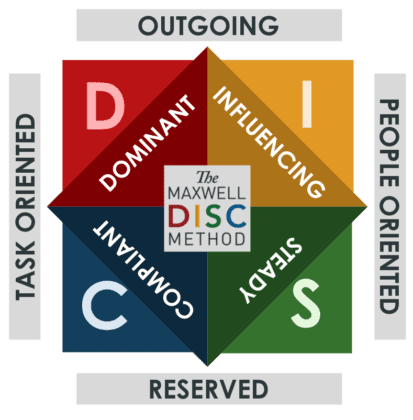
Personality assessments can be a useful tool for understanding yourself and others. By learning about your personality type, you can gain insights into your strengths and weaknesses and how you might best interact with others.
Personality assessments can also be helpful in the workplace, as they can give you a greater understanding of how you work best with others.
The DISC Personality Assessment is one of the most popular personality assessments used today. It measures four key areas of personality: Dominance, Influence, Steadiness, and Compliance.
By understanding your score in each of these areas, you can gain insights into your own personality and how you might best interact with others.
Personality assessments can be a valuable tool for self-awareness and self-improvement and can help you to understand the people around you better it is for both individuals and organizations to understand themselves and others.
Tough Conversations, difficult relationships, conflict
Nobody likes conflict, but at some point, we all have to deal with it. Whether it’s a difficult conversation with a family member or a co-worker, conflict is an unavoidable part of life. However, when you work in the non-profit sector, conflict can have even greater implications. That’s why training employees to handle tough conversations is so important.
When employees understand how to resolve conflict, they can more effectively advocate for the organization’s mission. Additionally, they’re better able to build relationships with others, both inside and outside the organization.
Our training(s) face to face or via webinar on tough conversations and difficult relationships covers a wide range of topics, from how to safely communicate your needs to how to resolve conflict without damaging relationships.
The training also provides Strategies for handling conflict within a non-profit organization. Finally, the training will give participants tips on how to build and maintain difficult relationships. After attending this training webinar, participants will have the skills and knowledge necessary to effectively manage tough conversations, difficult relationships, and conflict within their non-profit organization.
While training employees on how to handle conflict may not be easy, it’s essential for any non-profit that wants to be successful. By teaching employees how to navigate difficult conversations, you can help your organization achieve its goals and make a lasting impact.

Assessment Reports
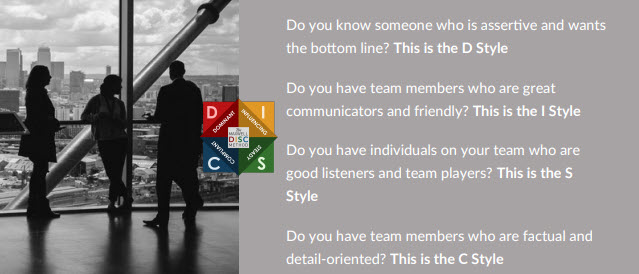
Team Impact Report
This report is designed to help you better understand your individual team members, the combined style
of your team, and the collective strengths of your team.
You will find that each member brings unique strengths that may not be strengths for other members of the team.
This report will help you lead your team to reach a greater level of achievement and success by leveraging the incredible value and power within the team.
When each member brings their unique style and strengths to the team, the entire team benefits.
Communication Impact Report & Workshop
The Communication Impact Report will help you discover your style of communication and ways to maximize it. We dig deep into the results of your report and discuss ways to leverage your communication style to improve your ability to connect with and add value to others.
- Easily recognize the FOUR PRIMARY COMMUNICATION STYLES.
- RELATE TO OTHERS in a way that speaks to their communication style.
- Implement EFFECTIVE COMMUNICATION STRATEGIES to minimize conflicts, improve morale and build cohesion.
- Create a ROAD MAP FOR EFFECTIVE COMMUNICATION for each of your team members and colleagues.
Growth Impact Report
Growth Impact Report is to help you gain tremendous insight into the ways you impact the world! You will be able to see a multidimensional view of how you impact the world through the key areas of influence, communication style, team role preference, and ideals at work.
This understanding of how you naturally show up
in all of these areas will allow you to maximize your strengths and manage your weaknesses so you can bring the very best self to the world around you.
